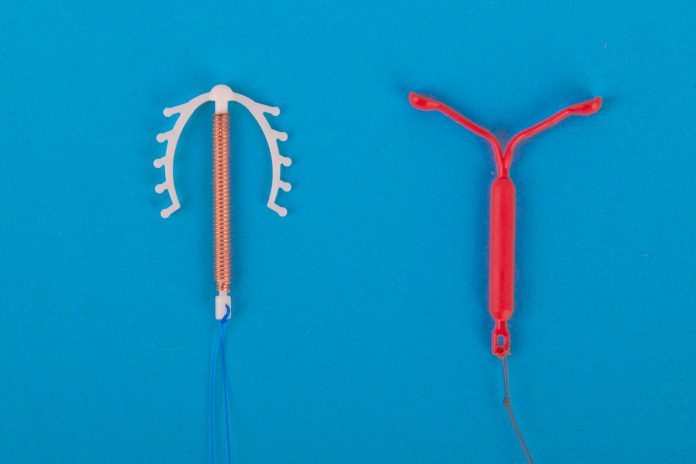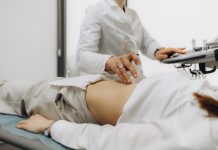A new study has shown that intrauterine devices (IUDs) can successfully relieve menstrual pain in adolescents with disabilities
New research has confirmed that intrauterine devices (IUDs) are an effective method to stop periods and manage symptoms associated with periods in adolescents with disabilities.
Beth Schwartz, MD, Director of Pediatric and Adolescent Gynecology at Thomas Jefferson University and Nemours Children’s Health System and Assistant Professor of Obstetrics & Gynecology and Pediatrics at Sidney Kimmel Medical College at Thomas Jefferson University said:
“Young women with complex medical conditions, including physical, intellectual, and developmental disabilities, are often interested in menstrual management or suppression for many reasons. This study describes how safe and effective this option is for young women and their families.
“Many families seek support for this difficult transition. IUDs don’t always come to mind for many pediatric providers. This data shows physicians that this treatment option can be immensely helpful and improve a young woman’s quality of life.”
Study results
Dr Schwartz and colleagues at Cincinnati Children’s Hospital Medical Center conducted a chart review of 159 patients with disabilities, aged between 9-22 years) over a 10-year period after having an IUD placed.
The results showed that 65% reported less bleeding one year after IUD placement, 59% had no bleeding and only 7% had worsened bleeding. Only 5% or less suffered from any side effects and 95% of the women in the study went on to keep their IUDs.
Dr. Schwartz concludes: “These rates are much higher than those reported in studies with adult women without disabilities and compared to other methods of contraception.
“Women with disabilities and their families request help managing menarche for reasons of hygiene, mood issues, exacerbation of other medical issues, abnormal bleeding and pregnancy prevention. We hope this data will help reassure physicians that this is a viable option.”
The results were reported in the journal Pediatrics, July 23rd, 2020.
This research was supported by a Bayer Healthcare investigator-initiated Women’s Health research grant (WH-2013-006). The sponsor had a minimal role in approving the study design. There was no sponsor involvement in the conduct of the study; collection, analysis, or interpretation of the data; preparation, review, or approval of the manuscript; or the decision to submit for publication. The authors have no financial relationships relevant to this article to disclose.
Article Reference: Beth I. Schwartz, Morgan Alexander, Lesley L. Breech, “Intrauterine Device Use in Adolescents with Disabilities,” Pediatrics, DOI: 10.1542/2020-000123, 2020.
Source: https://www.eurekalert.org/pub_releases/2020-07/tju-ism072020.php











